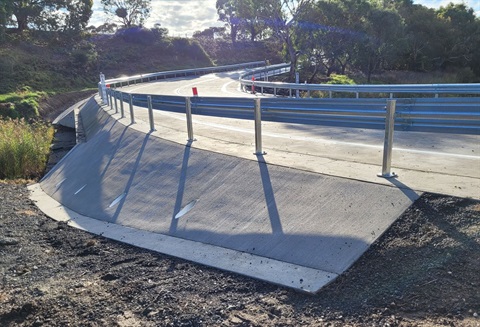
Political parties need to rethink their State election campaigns if Queenslanders overwhelming preference postal and early voting again due to COVID-19, a Griffith University study has found.

Dr Ferran Martinez i Coma from Griffith Business School examined Queensland’s March 2020 local government election for the International Institute for Democracy and Electoral Assistance (IDEA) and found a significant downturn for in-person voting on election day.
“Voter turnout figures show that more than half of the electorate had already voted. The COVID-19 pandemic prompted a remarkable shift in the voting method of the public,” he said.
“Postal voting was up about 47% on the previous 2016 local elections with 470,000 postal votes cast. But Queenslanders heavily relied on early voting with about 1.2 million people voting this way compared to 500,000 in the previous election.”
1.2 million people voted early in local government elections
He said the unprecedented decision from the Electoral Commission of Queensland (ECQ) to extend voting hours midweek and on Saturday prior to election day likely encouraged more early voting.
Dr Martinez i Coma said the surge in telephone voting was partially explained by the cancellation of the mobile polling service based on health advice, which is usually provided in designated institutions such as hospitals and nursing homes.
“Telephone voting is a resource intensive process provided under strict conditions. There was a surge in this service with 160 staff assigned to take 37,000 votes compared to just 500 votes made by telephone in 2016.”
Will COVID-19 voter behaviour impact Qld state election?
He also said the ECQ’s advice to candidates to not distribute election materials or how-to-vote cards at polling stations may have also potentially impacted voting behaviour.
“While a minor change, in some key seats where strategic voting really matters, these how-to-vote cards can be critically important. We also saw social distancing guidelines granted under special authority to the ECQ limit candidates to just one election monitor each.
“The stakes will be much higher in the state election and any similar measures may become political flashpoints.”
“The stakes will be much higher in the state election and any similar measures may become political flashpoints.”
Valuable historical pandemic case study
Dr Martinez i Coma said Queensland’s local election was a valuable historical case study as it happened at the height of the pandemic, with 625 reported cases and 70 new cases declared on election day.
“There were calls to postpone but the ECQ defended its decision on the grounds that elections are an essential service for the continuity of democratic representation. In retrospect their health risk assessment was right, there was no spike in new cases following the election.”
But not everything went to plan according to Dr Martinez i Coma.
“When the Australian Government banned mass gatherings, it was announced three days prior to the postal vote application deadline which could not be extended due to legislation. This triggered a surge of 150,000 applications, putting considerable pressure on the system.
“The publication of results was also slightly behind due to software bugs in a new election management system. While unrelated to COVID-19, the ECQ had identified holding two elections and changing system processes in the same year as a possible service risk.”
Running Local Elections During the COVID-19 Crisis: Queensland, Australia is available online.








